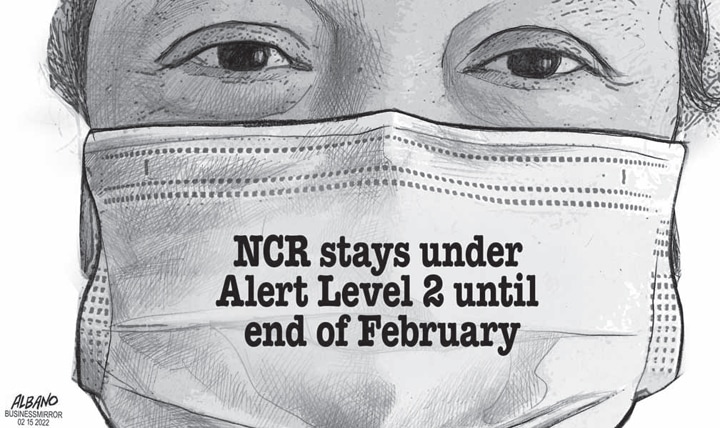The voting age was generally set at 21 years old when democratic countries established the right to vote. In the 1970s, many countries reduced the voting age to 18. The debate is ongoing in a number of countries on proposals to reduce the voting age to below 18 years old. Brazil, Austria, Malta and Nicaragua are the first few countries that lowered the voting age to 16 years old.
“Old enough to fight, old enough to vote” was a slogan used by American proponents of lowering the voting age. The slogan traced its roots to World War II, when President Franklin D. Roosevelt lowered the military draft age to 18. Senator Ted Kennedy was the first to propose amending the Voting Rights Act of 1965 to lower the voting age from 21 to 18 years old. On June 22, 1970, President Richard Nixon signed an extension of the Voting Rights Act of 1965, which lowered the voting age to 18 years old in all federal, state, and local elections.
In the Philippines, the 1973 Constitution lowered the voting age from 21 to 18 years old. Any Filipino citizen who is at least 18 years of age, a resident of the Philippines for at least one year, and in the place where they intend to vote for at least six months immediately preceding the election can file an application for registration with the Commission on Elections.
Early this month, the Comelec reported that over 37 million of the 65.7 million registered voters in the 2022 national and local elections are aged 18 to 41 years old. “That would account for 56 percent of the voting population. This is a very interesting development, it’s good for the country and I think it is important to note that the youth are the prime movers of this coming elections,” said Comelec Spokesperson James Jimenez. (Read, “37-M youth votes may spell outcome of May 9 elections–Comelec official,” in the BusinessMirror, February 8, 2022).
A netizen described young voters today as determined and brave for “they do not hesitate to take a stand. I believe that the Filipino youth can create a change in our country, a change that will make the Philippines a more progressive nation.” This strong belief in the power of the younger generation should serve as an inspiration for the youth to contribute for the betterment of the country.
A la Juventud Filipina (To the Filipino Youth) is an award-winning poem that Jose Rizal wrote when he was 18 years old and studying at the University of Santo Tomas. In the poem, Rizal said the youth is the “fair hope of my fatherland!” He urged the youth to pursue freedom, and to free themselves from the burden of ignorance. “Raise the eager mind to higher station,” he said. Rizal believed that the mind of the youth has great capacity and potential to be genius. In other words, Rizal believed that the educated youth is the hope of the motherland (Inang Bayan).
There are over 37 million young voters going to the polls in May. There is reason for optimism because they are the motive force of the coming elections. Let’s hope that these young voters will properly equip themselves with the knowledge needed to accomplish their noble purpose of electing a leader that can transform the country for the better. Otherwise, if the level of knowledge about the candidates is lower than the doorstep, there is no hope.


























